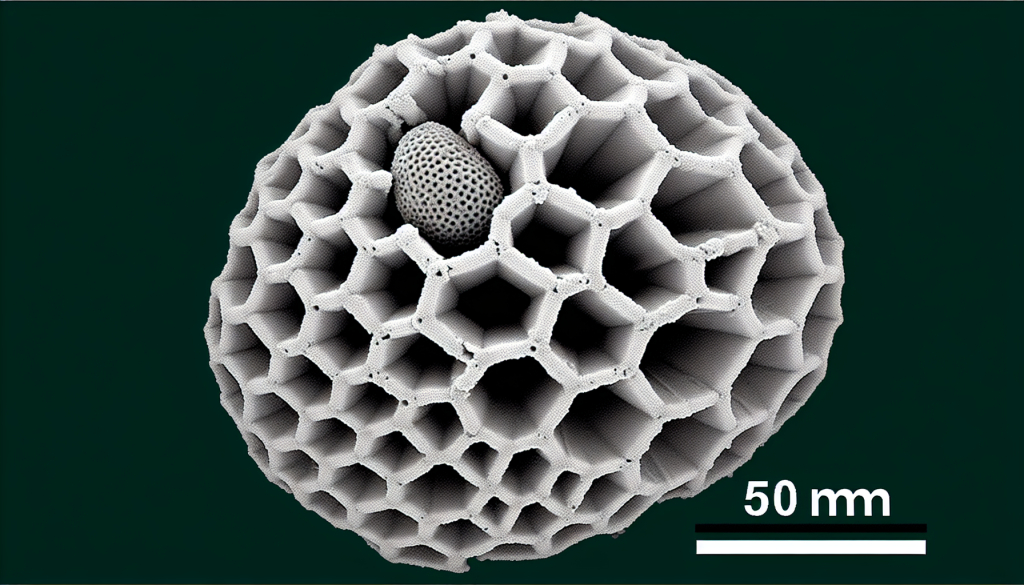Wild Blueberry
Common Names: Bilberry, European bilberry, whortleberry, huckleberry
Scientific Name: Vaccinium myrtillus
Background
• Bilberry is a shrub native to the cooler regions of Europe, northern areas of the U.S., and parts of Canada. Its berries are dark blue and look similar to blueberries. Both its fruit and leaves have a history of medicinal use.
• The fruit and leaves have been traditionally used for eye health, to manage blood sugar, and for heart-related conditions. During World War II, British aviators reportedly ate bilberry jam to sharpen their night vision. Whether fact or fiction, this tale led to scientific interest in bilberry's role in supporting eye function.
• Currently, bilberry is available as a supplement and is marketed for vision support, improved circulation, and various other wellness benefits.
How Much Do We Know?
• Some human studies have looked into bilberry's health effects. However, most of these studies had limitations, such as small participant numbers or weak research design, which makes their findings less conclusive.
What Have We Learned?
• So far, bilberry has not been proven to treat or prevent any medical conditions definitively.
• These berries contain several natural compounds, including anthocyanins, tannins, and flavonoids, which may warrant more scientific study.
• Results from studies on bilberry and night vision have been inconsistent. The most thorough studies have shown no significant benefit for improving night vision in healthy individuals.
What Do We Know About Safety?
• Eating bilberry fruit in typical food amounts is safe. Studies using up to 160 mg per day of bilberry extract for six months have shown no serious side effects.
• Bilberry leaves, unlike the fruit, can be unsafe when consumed in large amounts or over prolonged periods.
• Before beginning any herbal supplement, especially if you’re on medication, it’s wise to consult with a healthcare professional to avoid harmful interactions.
• It's unclear whether larger amounts of bilberry are safe for pregnant or breastfeeding women, so caution is advised.
Keep in Mind
• Managing your health includes discussing alternative therapies, like herbal supplements, with your healthcare providers. Working together aids in making informed health decisions.
• Herbal products are regulated differently depending on their ingredients and how they are used (orally or topically). Many herbs are sold as dietary supplements, which are not subject to the same regulatory standards as prescription medications.
• Dietary supplements do not need approval from the U.S. Food and Drug Administration (FDA) before being sold. However, if a concern arises regarding a supplement’s safety, the FDA can take steps to protect the public. Supplement producers are responsible for ensuring the safety and accurate labeling of their products before they reach the market.
For More Information
• Tips for Using Dietary Supplements Safely
• Learn How Supplements and Drugs Can Interact
• Understanding Scientific Journal Articles
NCCIH Clearinghouse
The NCCIH Clearinghouse offers resources on alternative and integrative health practices, including access to scientific literature. Please note, it does not offer personal medical advice or practitioner referrals.
Phone (U.S. toll-free): 1-888-644-6226
TRS: Dial 7-1-1
Email: [email protected]
PubMed®
This database, hosted by the National Library of Medicine, includes summaries and publication details from scientific medical journals. It is a helpful resource for sourcing health and medicine research.
Office of Dietary Supplements (ODS), National Institutes of Health (NIH)
The ODS aims to deepen public knowledge about dietary supplements through scientific evaluations, research, and educational materials. They offer fact sheets and educational guides on various supplements and ingredients.
Email: [email protected]
Key References
• Entry on Bilberry. Drugs and Lactation Database (LactMed), National Institute of Child Health and Human Development. Updated May 2021.
• Bilberry profile, NatMed Pro database. Accessed June 2023.
• Chan SW, Tomlinson B. Study on bilberry and its impact on metabolic and cardiovascular risk. Molecules. 2020;25(7):1653.
• Vaneková Z, Rollinger JM. Review on bilberry’s chemical properties and medical research. Frontiers in Pharmacology. 2022;13:909914.
This content is in the public domain and may be duplicated freely.
The information presented is educational and does not replace professional medical advice. Speak with your healthcare provider about any treatments you are considering. Mention of products or therapies does not imply endorsement by NCCIH.

